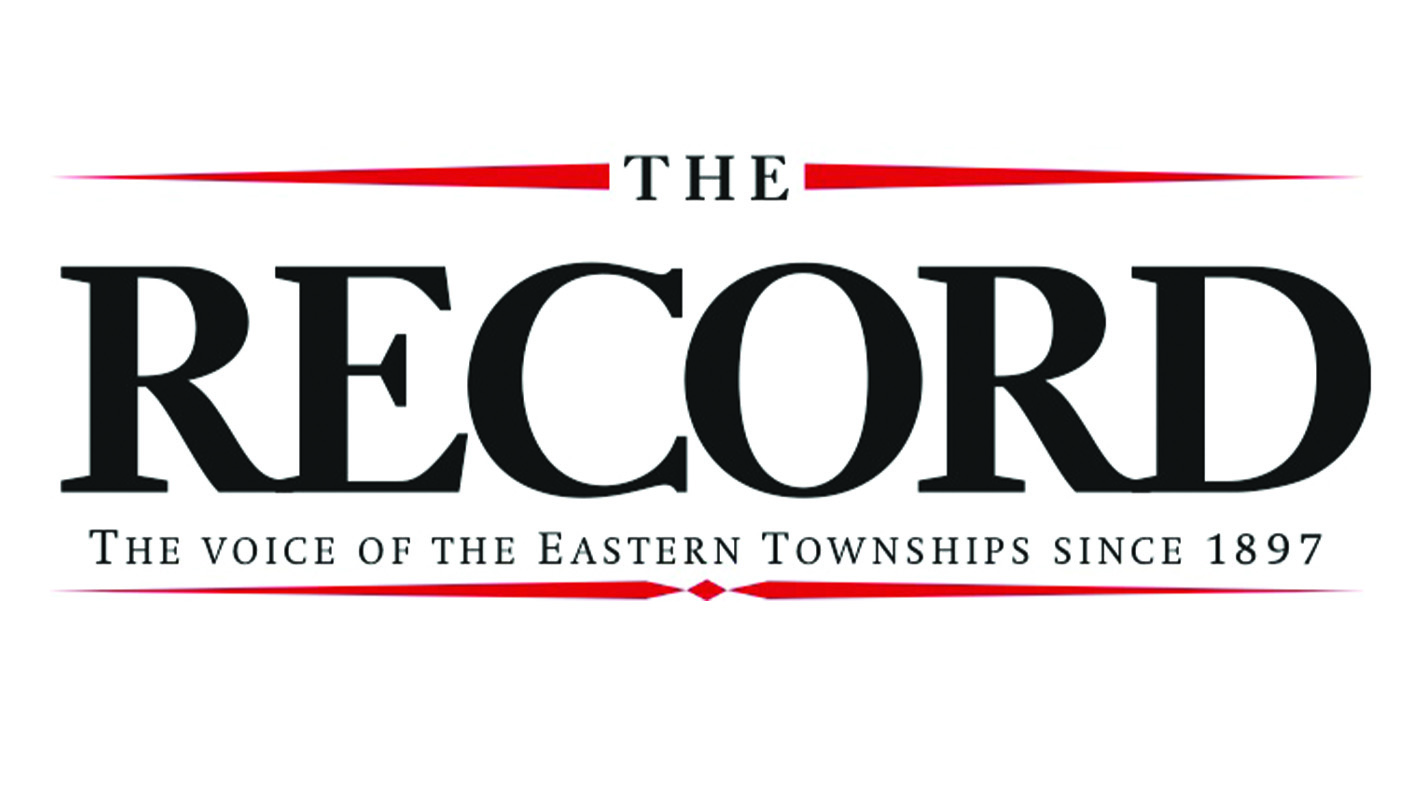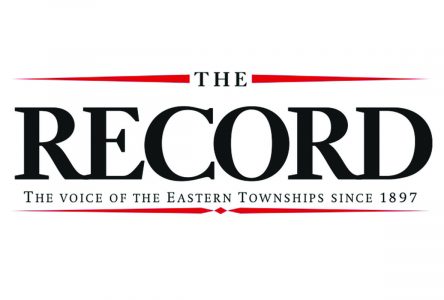By Gordon Lambie
Local Journalism Initiative
Health Minister Christian Dubé says that the province is ready to begin its vaccine passport system on Wednesday, but on Tuesday afternoon some of the province’s adult literacy organizations shared that they have been fielding a host of calls from people looking for help.
“We’re happy to do it, because people are very confused and anxious,” said Margo Legault, Executive Director of Literacy Quebec. Legault said that said that her organization’s telephone help line has been taking calls from English-speaking people across the province who are looking for help with everything from printing out and laminating their proof-of-vaccination code to tips on how to download the VaxiCode App.
“This reliance on everything moving to digital has been very difficult for some people,” the director said, pointing out that peoples’ comfort around computers and smartphones can be very variable, and that even many people who do have the equipment needed to find their proof-of-vaccination code don’t necessarily have a printer or a laminator. “For many it’s like speaking a whole other language.”
Literacy Quebec is the parent organization for similar regional groups that exist throughout the province, but Legault said that they have been taking calls from all over because not every organization has the tools or resources to take on this new task, even if everyone recognizes its importance.
“Even other organizations have been calling us to ask for help,” she said.
The Yamaska Literacy Council told The Record that they took over fifty calls on Tuesday morning alone from people in the Brome-Missisquoi and Haute-Yamaska regions looking for help, and over two hundred in total so far.
“I’ll do as many as we get,” said Nancy Pagé, who has been taking the calls for the local organization. People in Yamaska Literacy’s service area can reach Pagé at 450-522-4015, or the organization in general at 819-263-7503.
Although printing out, laminating, and mailing out cards with QR codes might seem outside of the usual work of organizations with a focus on literacy, Legault pointed out that keeping up with the constantly shifting flow of information and rules during the COVID-19 pandemic has been particularly hard on people with lower literacy skills.
“That’s a big part of why we created this literacy helpline,” she said, sharing that the initiative has proven to be quite a success, even if in some cases it required the organization’s staff to go through a process step by step themselves to figure out what answers to provide.
English-speaking Quebecers across the province can reach Literacy Quebec’s help line by calling 1-888-521-8181
As of Monday evening, the Android and Apple versions of the VaxiCode application were available to the public, although several people noted difficulty in finding the program on the Google Play store in particular. There are links to download the application directly to a phone or device on the Province of Quebec’s website, although the link to the appropriate page is far from succinct: https://www.quebec.ca/en/health/health-issues/a-z/2019-coronavirus/progress-of-the-covid-19-vaccination/covid-19-vaccination-passport.
Speaking during Tuesday’s weekly update on the province’s vaccination campaign, Dubé reiterated the fact that there will be a two-week grace period once the program comes into effect to help sort out the issues he acknowledged will arise. Where the health minister had previously talked up the mobile application as the most effective form of the passport system, he offered a different perspective on the eve of the launch.
“It is not the application that is important, it is the QR code,” Dubé said, suggesting that anyone who feels uncertain about the digital system should be able to carry a copy on their person. He added, however, that people need to not forget to bring a piece of photo identification like a drivers’ license or medicare card with them when heading to a place where the passport will need to be used.
Looking to the situation in the province in general, the health minister said that the level of new cases is relatively stable at the moment, but that people should not be surprised to see cases increase over the month of September, particularly in Montreal and Laval. He called September a ‘critical month,’ and reminded everyone to respect public health guildelines as much as possible, regardless of vaccination status.
Quebec reported 425 new cases of COVID-19 on Tuesday, bringing the total number of people infected to 389,224, with 4,400 active cases.
There was one new death recorded, for a total of 11,286 since the start of the pandemic, and the number of hospitalizations increased by six compared to the previous day, for a total of 131. There were 36 people in intensive care; a decrease of one compared to the previous day.
In the Eastern Townships, Tuesday’s update saw the total number of active cases drop to 149, even though 60 new cases were recorded since last Friday’s update. Of those active cases, 43 were in Sherbrooke, 39 were in the Haute Yamaska, 19 were in the Pommeraie, 17 were in Granit, 11 were in Memphremagog, 10 were in the Val Saint-François, five were in the Haut Saint-François, two were in the Des Sources region, and three were not associated with a particular territory. There were no active cases associated with the Coaticook region.
There have been no new deaths in the region, and there are no longer any people in intensive care locally, but the number of hospitalizations remains at four.
The vaccination rates in the Townships are now at 83.6 per cent for a first dose among eligible people, and 77.1 per cent for a second dose.
Provincewide, those rates are now at 87 per cent for a first dose among the eligible population and 80.6 per cent for adequate vaccination.
For full story and others, subscribe now.




